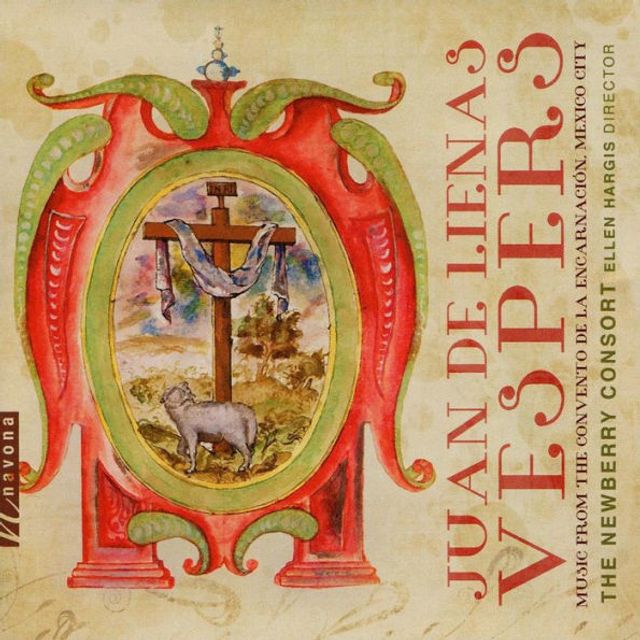Home
Juan de la Rosa: Memoirs of the Last Soldier Independence Movement
Barnes and Noble
Juan de la Rosa: Memoirs of the Last Soldier Independence Movement
Current price: $43.99


Barnes and Noble
Juan de la Rosa: Memoirs of the Last Soldier Independence Movement
Current price: $43.99
Size: Paperback
Loading Inventory...
*Product information may vary - to confirm product availability, pricing, shipping and return information please contact Barnes and Noble
Long considered a classic in Bolivia, Juan de la Rosa tells the story of a young boy's coming of age during the violent and tumultuous years of Bolivia's struggle for independence. Indeed, in this remarkable novel, Juan's search for his personal identity functions as an allegory of Bolivia's search for its identity as a nation.
Set in the early 1800s, the novel is narrated by one of the last surviving Bolivian rebels, octogenarian Juan de la Rosa. Juan recreates his childhood in the rebellious town of Cochabamba, and with it a large cast of full bodied, Dickensian characters both heroic and malevolent. The larger cultural dislocations brought about by Bolivia's political upheaval are echoed in those experienced by Juan, whose mother's untimely death sets off a chain of unpredictable events that propel him into the fiery crucible of the South American Independence Movement. Outraged by Juan's outspokenness against Spanish rule and his awakening political consciousness, his loyalist guardians banish him to the countryside, where he witnesses firsthand the Spaniards' violent repression and rebel's valiant resistance that crystalize both his personal destiny and that of his country. In Sergio Gabriel Waisman's fluid translation, English readers have access to Juan de la Rosa for the very first time.
Set in the early 1800s, the novel is narrated by one of the last surviving Bolivian rebels, octogenarian Juan de la Rosa. Juan recreates his childhood in the rebellious town of Cochabamba, and with it a large cast of full bodied, Dickensian characters both heroic and malevolent. The larger cultural dislocations brought about by Bolivia's political upheaval are echoed in those experienced by Juan, whose mother's untimely death sets off a chain of unpredictable events that propel him into the fiery crucible of the South American Independence Movement. Outraged by Juan's outspokenness against Spanish rule and his awakening political consciousness, his loyalist guardians banish him to the countryside, where he witnesses firsthand the Spaniards' violent repression and rebel's valiant resistance that crystalize both his personal destiny and that of his country. In Sergio Gabriel Waisman's fluid translation, English readers have access to Juan de la Rosa for the very first time.


















